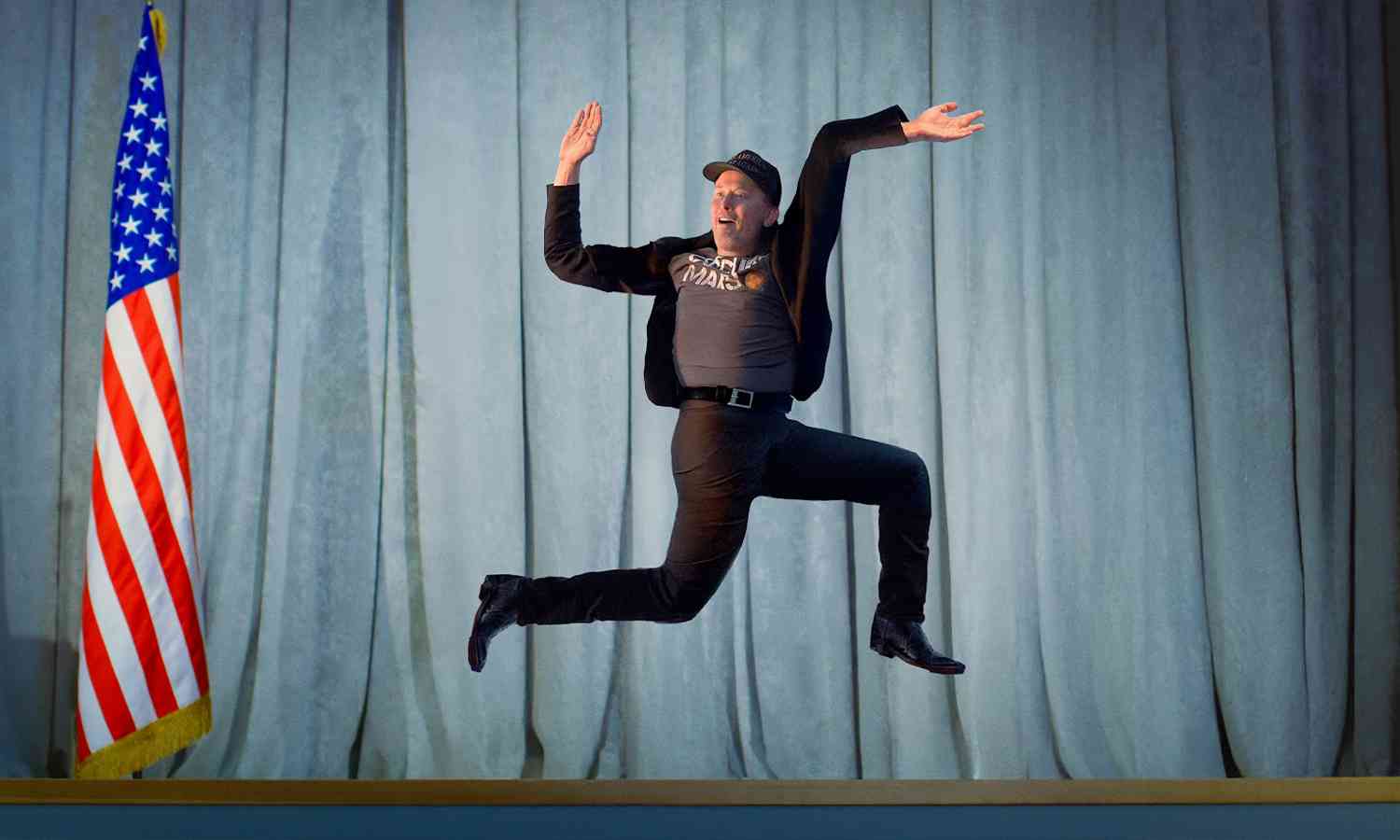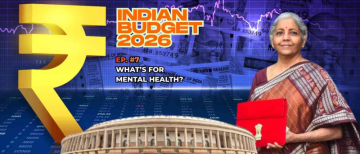This controversy surrounding Elon Musk highlights the sensitivity and high stakes of public gestures and statements, particularly when linked to symbols associated with historical atrocities. Here’s a breakdown of the key points and implications:
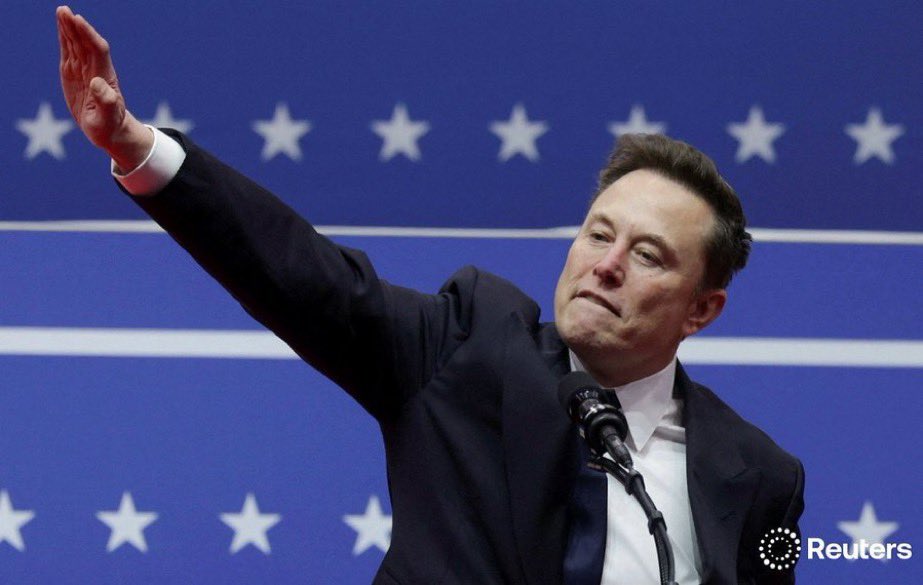
The Incident and Accusations
Elon Musk’s hand gestures during a speech celebrating Donald Trump’s inauguration have sparked accusations of mimicking the Nazi “Sieg Heil” salute. Social media and Israeli media outlets like Haaretz criticised Musk, with some labelling his gesture a “Roman salute,” a symbol tied to fascist movements and Nazi Germany.
Defence by the ADL
The Anti-Defamation League (ADL), a prominent anti-hate organisation, came to Musk’s defence, suggesting the gesture was likely an “awkward moment of enthusiasm” rather than an intentional Nazi salute. The ADL called for understanding and unity, urging the public to avoid jumping to conclusions. However, ADL has been known to jump to the defence of problematic people in the past, and is seen as a primarily right-wing propaganda wing for the white supremacists.
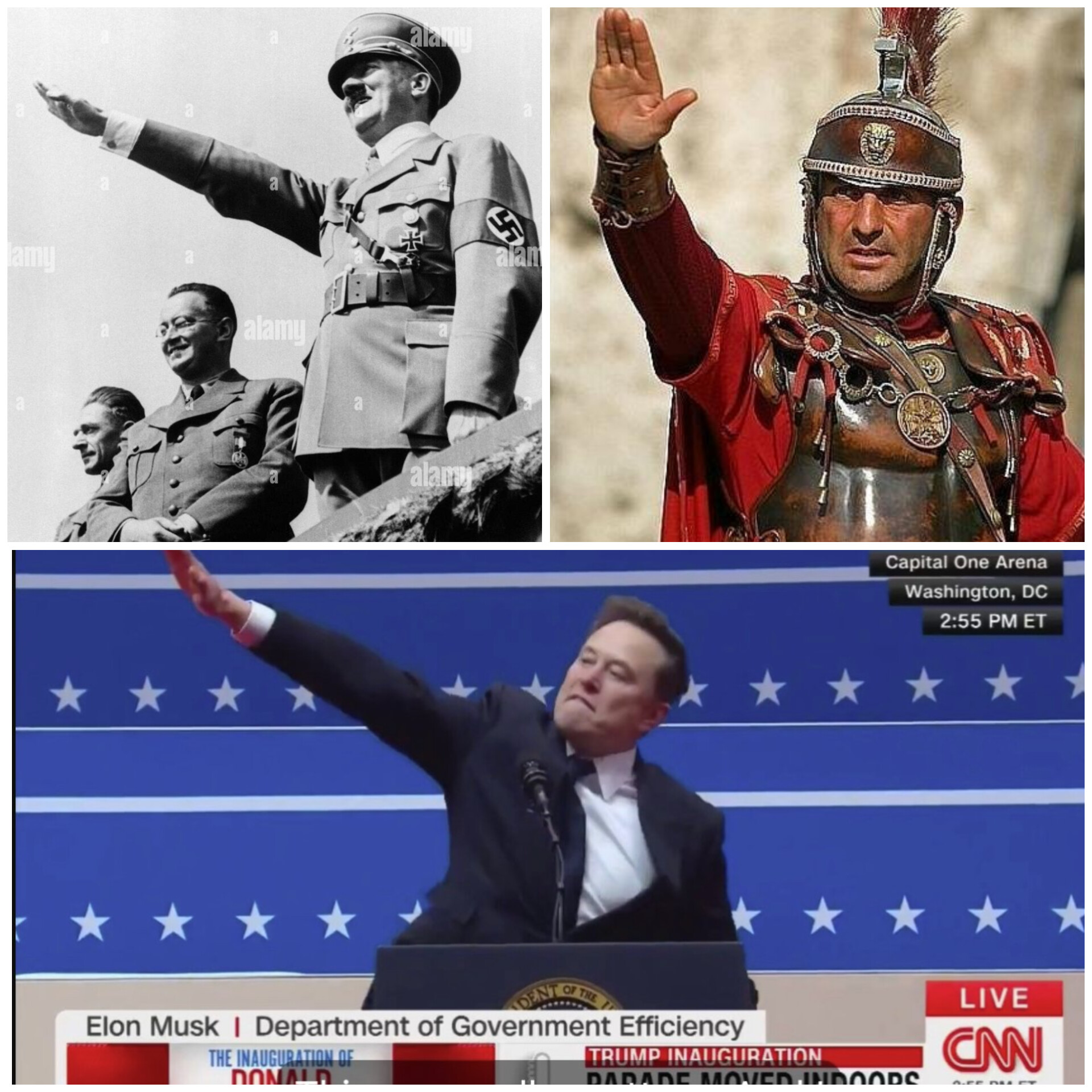
Why is this a problematic gesture?
The “Sieg Heil” salute is a gesture and chant historically associated with Nazi Germany. The term “Sieg Heil” translates to “Hail Victory” in German and was widely used during Adolf Hitler’s regime as a slogan of allegiance to the Nazi Party. The salute and chant have since become symbols of neo-Nazi and far-right extremist movements. The salute involves raising the right arm at an angle with the palm facing outward, a gesture known as the “Nazi salute” or “Hitler salute”. It was mandatory for citizens, military personnel, and members of the Nazi Party to use this salute as a show of loyalty to Adolf Hitler and the Nazi regime.
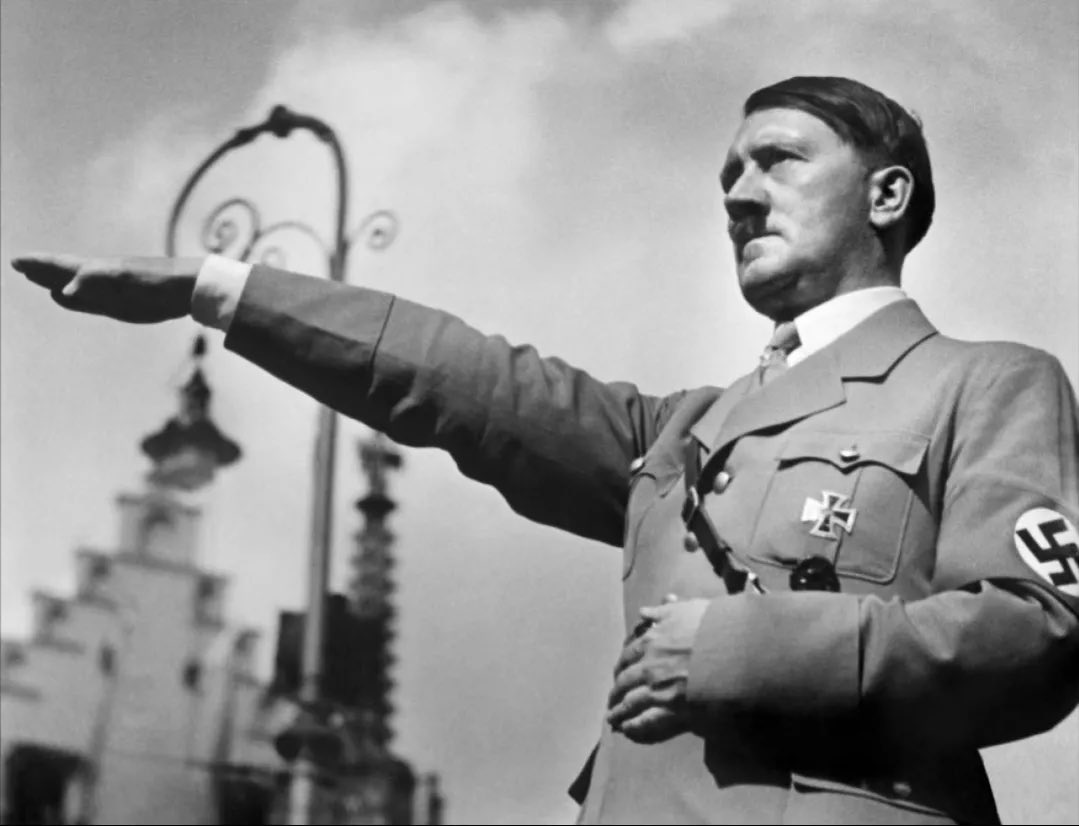
Historical Context
• The salute originated from fascist movements in early 20th-century Italy and was adapted by the Nazis to signify unity and support for their ideology.
• The phrase “Sieg Heil” was often chanted during mass rallies and speeches, particularly at events like the Nuremberg Rallies, where it was used to foster collective enthusiasm and obedience.
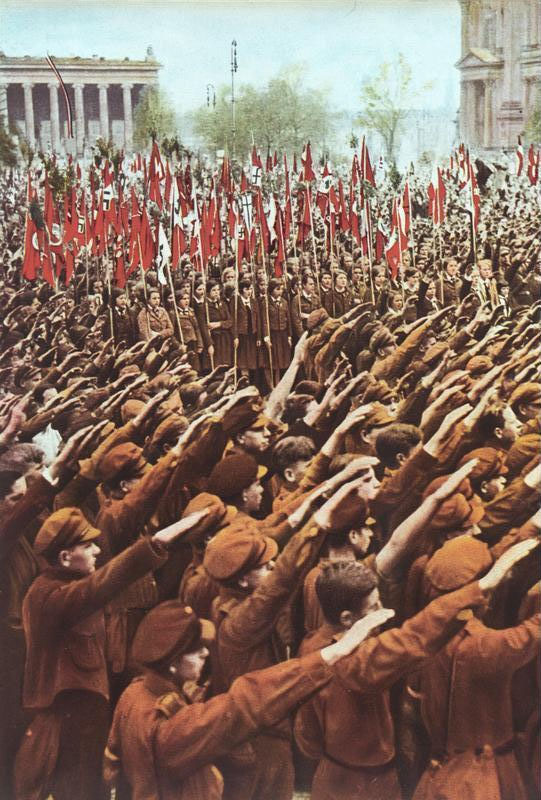
Modern Implications
• The Sieg Heil salute is now widely recognised as a symbol of hate and is illegal in several countries, including Germany and Austria, where displaying Nazi symbols or performing the salute can result in criminal prosecution.
• It remains a controversial and offensive act, often associated with neo-Nazism, white supremacy, and far-right extremism.
• The use of the Sieg Heil salute is globally condemned as a representation of oppression, racism, and the atrocities committed under the Nazi regime.
• Many nations have enacted laws to prohibit gestures and symbols linked to Nazism to prevent the spread of hate speech and extremism.

Musk’s Political Shift
The incident occurs amidst Musk’s increasingly visible alignment with right-wing politics. He openly supported Donald Trump after the Republican survived an assassination attempt. Earlier, he endorsed Germany’s far-right Alternative for Germany (AfD) party and hosted its leader, Alice Weidel, for a conversation on his social media platform, X (Formerly Twitter). These actions have heightened scrutiny of Musk’s public behaviour and its political implications.
This controversy underscores broader issues. Musk’s vast influence amplifies the impact of his actions, making unintentional gestures or remarks potentially damaging. The event reflects growing tensions as prominent figures align with divisive ideologies, sparking debates over accountability and intent.
While the ADL’s defence of Musk may calm some critics, the incident highlights the need for careful public conduct, especially in politically charged contexts. Musk’s growing association with far-right politics further complicates the narrative, leaving many to question whether his gestures were indeed a mistake or part of a larger pattern.
Elon Musk’s political shifts and their implications warrant closer examination, particularly given his immense influence on technology, culture, and public discourse. Here’s an analysis of his recent actions, their broader context, and potential consequences:
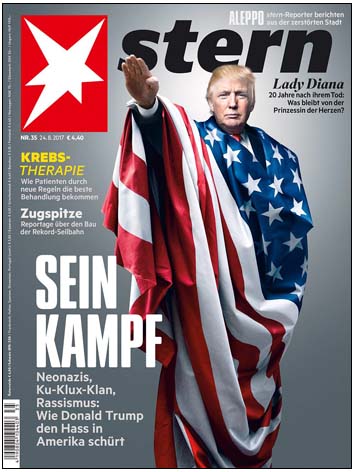
Actions and Their Implications
Musk’s endorsement of controversial figures and parties lends them legitimacy and a platform, potentially normalising extreme ideologies. His influence on platforms like X, with millions of followers, amplifies these endorsements far beyond typical political discourse. By engaging directly with figures like Alice Weidel, Musk blurs the line between fostering open dialogue and promoting divisive ideologies. Critics view such actions as tacit approval of policies that undermine inclusivity and democracy.
The alleged Nazi-style salute controversy underscores how symbolic gestures can have outsized impacts, especially when made by influential figures. Even if unintentional, such actions can embolden extremist groups and further polarise public opinion. Musk’s dual role as a tech mogul and political commentator creates a unique dynamic. His decisions—both in business and public statements—affect not only markets but also cultural and political landscapes. The transformation of X into a platform for unrestricted speech has drawn praise from free-speech advocates but criticism for enabling misinformation and extremism.
Musk’s support for far-right ideologies is particularly concerning in countries like Germany, where such movements are tightly regulated due to historical experiences. His influence on global tech platforms means his political views resonate far beyond national borders, affecting public discourse worldwide. Musk’s alignment with divisive ideologies could alienate segments of his audience, including investors, consumers, and collaborators. Polarisation: By engaging with and amplifying far-right narratives, Musk risks deepening political and social divides. Regulatory Scrutiny: His actions may invite stricter scrutiny of his businesses, especially in regions sensitive to hate speech and extremism. Elon Musk’s political evolution reflects broader trends of polarisation and the increasing interplay between technology and politics. While he positions himself as a champion of free speech and innovation, his recent actions raise critical questions about accountability, the responsibilities of influential figures, and the potential normalisation of extreme ideologies.
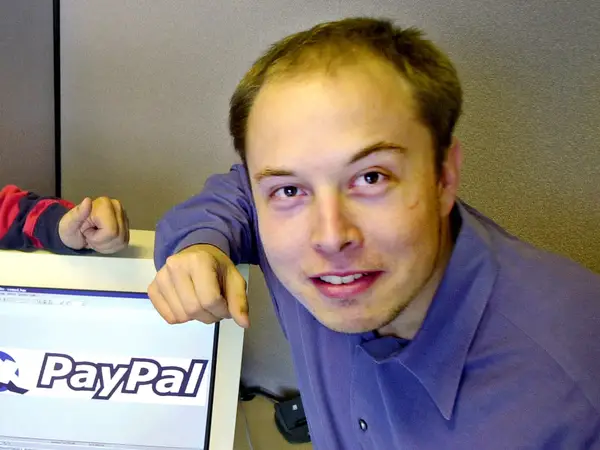
Who is Elon Musk?
Elon Musk, born on 28 June 1971 in Pretoria, South Africa, is the eldest son of Errol Musk, an engineer, and Maye Musk, a model and dietitian. While Musk is widely celebrated for his entrepreneurial achievements, his early life has been subject to scrutiny, particularly regarding his family’s wealth. Musk’s father, Errol Musk, owned shares in an emerald mine in Zambia during the 1980s. The mine, reportedly acquired under questionable circumstances, was part of Errol’s investments during South Africa’s apartheid era. While Musk has downplayed the significance of this wealth in shaping his career, Errol claimed their family lived a privileged lifestyle, with access to luxury goods and private planes. Critics argue Musk benefited significantly from his privileged upbringing, while Musk insists he built his empire through hard work and reinvestment. Regardless, his trajectory from a privileged South African childhood to becoming one of the world’s wealthiest individuals reflects a combination of inherited advantages, ingenuity, and ambition.
Musk displayed an early interest in technology and entrepreneurship, teaching himself programming and selling a video game called Blastar at age 12. He moved to Canada in 1989, enrolling at Queen’s University, before transferring to the University of Pennsylvania, where he earned degrees in physics and economics. Musk’s career began with the creation of Zip2, a software company sold to Compaq for $307 million in 1999. He reinvested his earnings to co-found X.com, which evolved into PayPal and was sold to eBay for $1.5 billion in 2002. Using his wealth, Musk founded or joined several transformative ventures, namely - SpaceX (2002), Tesla (2004), Neuralink, The Boring Company, and X (Twitter), showcasing his wide-ranging ambitions.
The views expressed in this article are personal. They do not reflect the opinions, beliefs, or positions of Vygr and Vygr Media Private Limited.
© Copyright 2024. All Rights Reserved Powered by Vygr Media.

